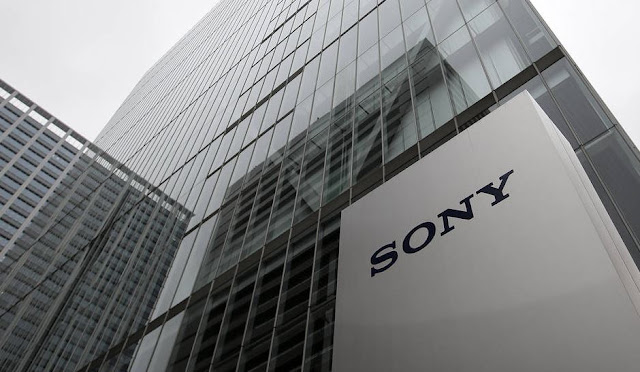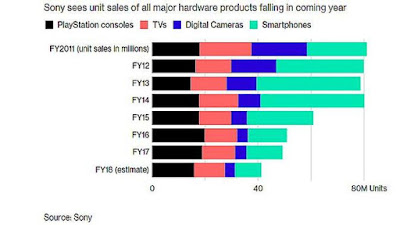
It is considered to provide revenue signals from the business content, software, and services, is important, given the hardware business is sluggish.
"Yoshida clearly sends a revenue signal from the content, software, services, and subscription business segments that are important, all of which will drive growth and simultaneously sustain corporate growth," said analyst from Sanford C. Bernstein & Co. in Hong Kong, David Dai.
Thus, it can be said that Sony does not seem to rely on high expectations for the hardware business, including smartphones.
Sales of major hardware products are expected to decline this year, including PlayStation consoles, TVs, digital cameras, and smartphones.

The Japanese company expects to sell 16 million units of the PlayStation console, 11.5 million TVs, 3.8 million digital cameras and 10 million smartphones in the fiscal year 2018. This number is down compared to last year.
In fiscal 2017, sales of PlayStation consoles reached 19 million units, 12.4 million televisions, 4.4 million digital cameras and 13.5 million smartphones.
Sony over the past three years has continued to decline in the smartphone market, while its Asian rivals are becoming more aggressive. Sony's smartphone latch has seen a significant decline since 2015.
In fiscal 2015, Sony smartphone sales fell to 24.9 million units from 39.1 million a year earlier. Since then, its market share is increasingly flagging and until finally, Sony estimates sales of homemade smartphones will again decline this year.


